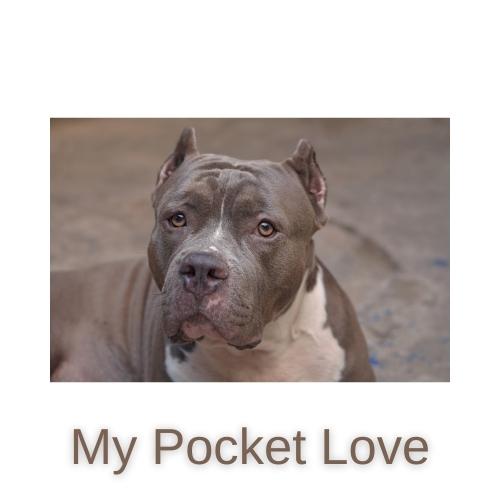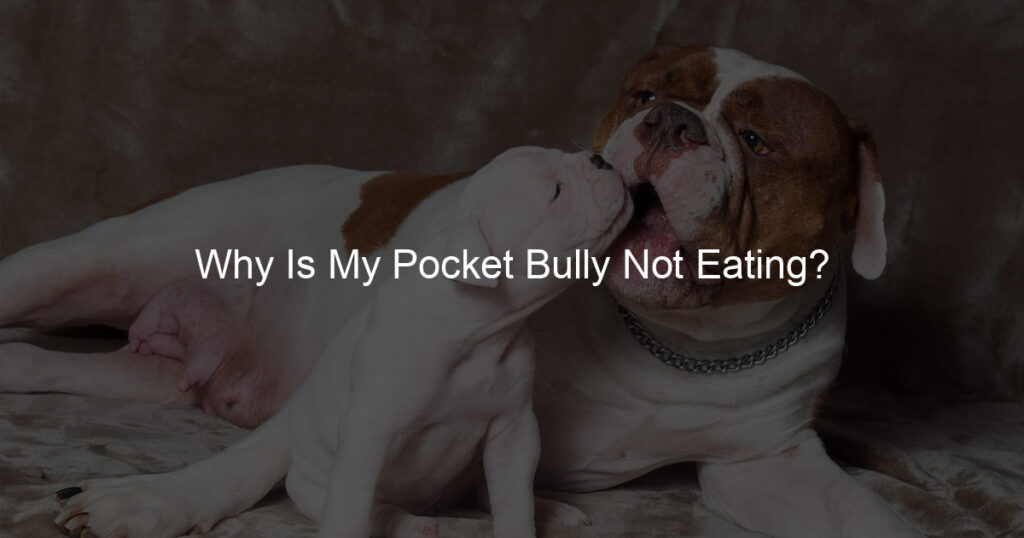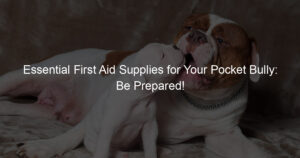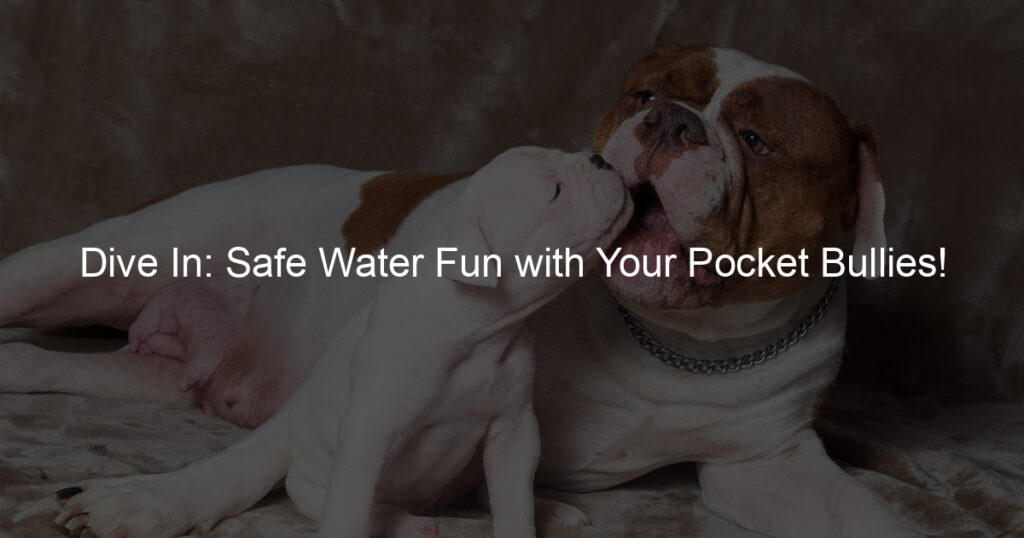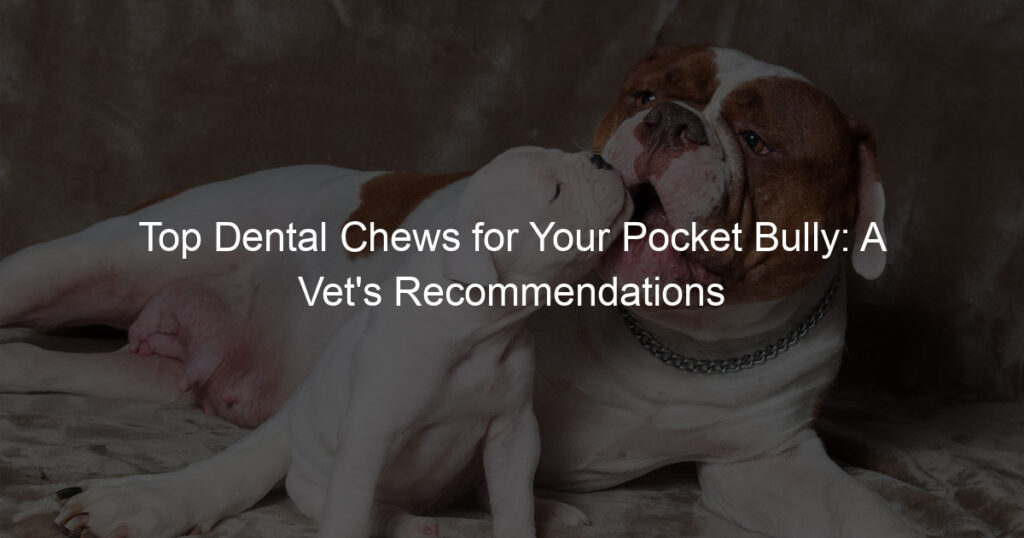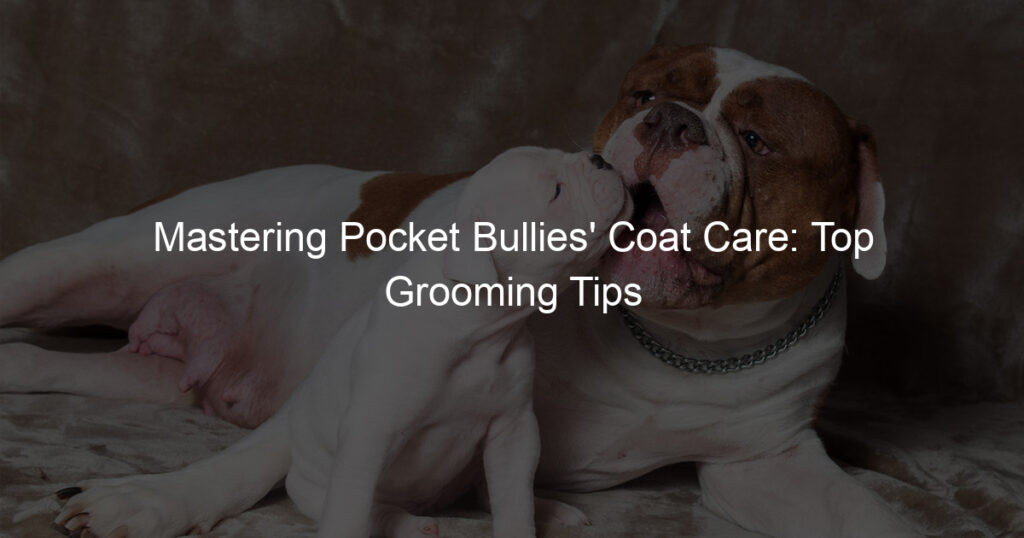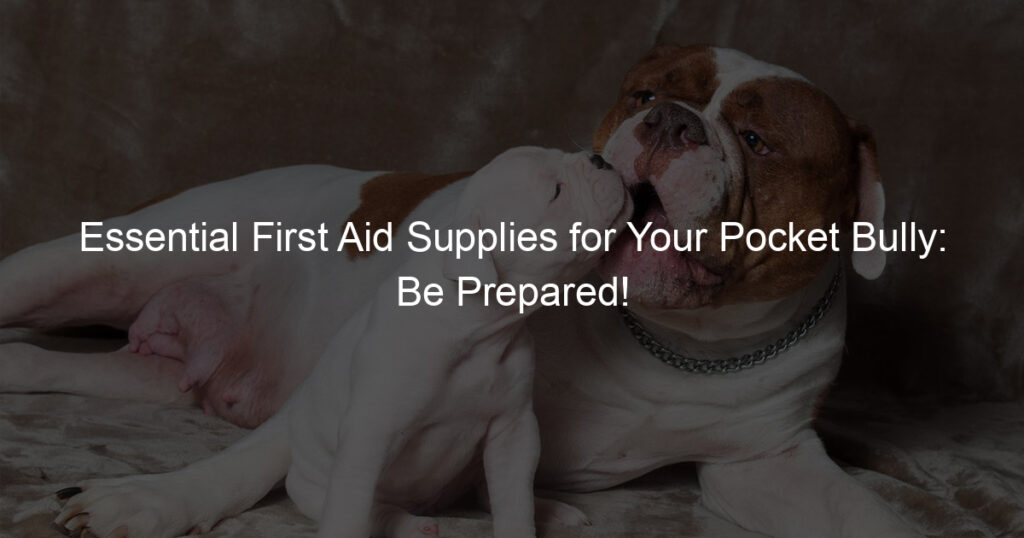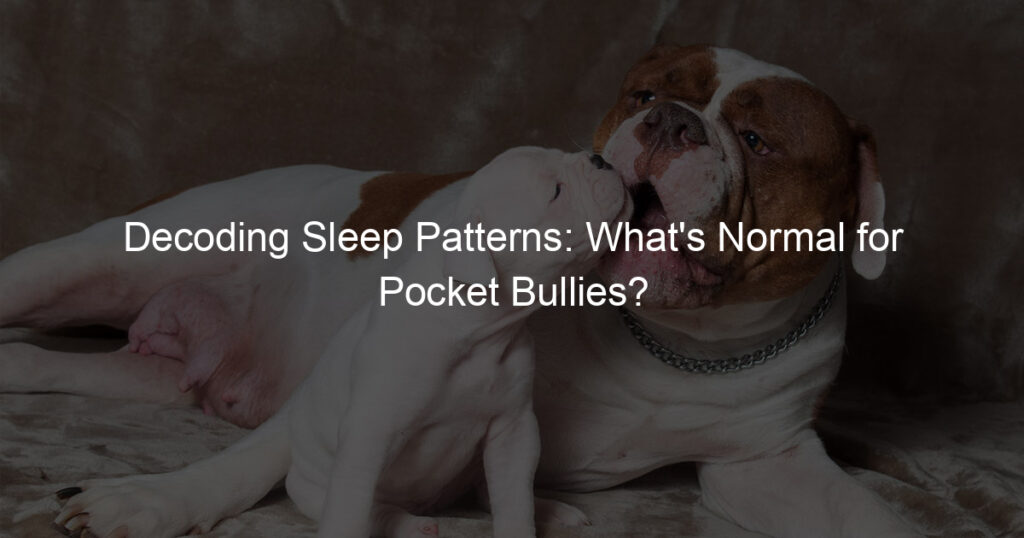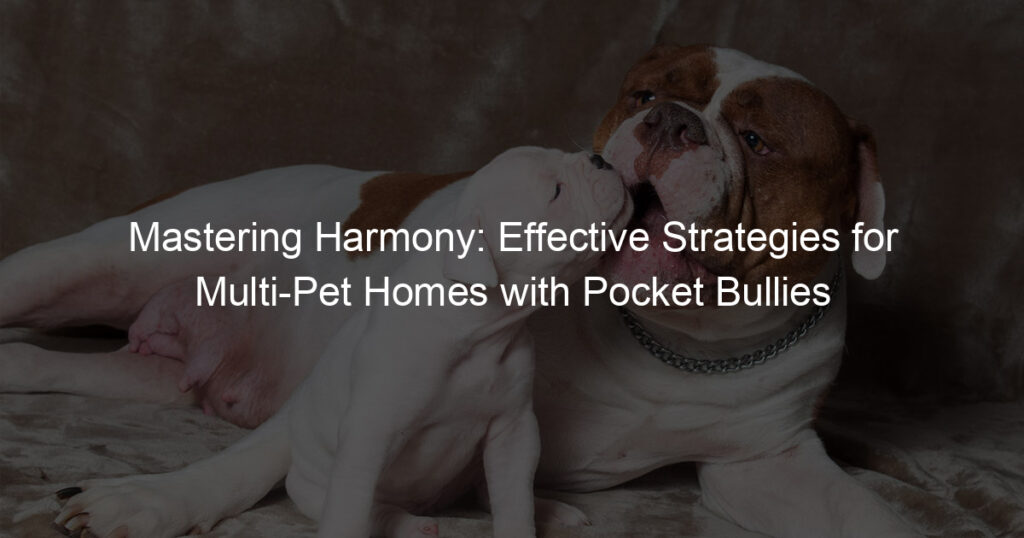Are you worried that your pocket bully isn’t eating their food? Does it seem like they’re pickier than usual when it comes to mealtime? Don’t worry – this is a common concern among pet owners, and there are some simple steps you can take to address the issue.
In this blog post, we’ll explore some of the reasons why your pocket bully might be showing decreased appetite, as well as how to help get them back on track!
So whether you’re a man or woman wondering about what could be going on with your beloved pooch, read on for tips that might just save mealtimes from becoming an even bigger challenge.
Why is my pocket Bully not eating?
It can be frustrating if your pocket bully isn’t eating. There could be a lot of different reasons for this, including not liking the food you are providing, a recent move to a new home, feeling unwell or stressed, or another underlying health problem.
It’s best to consult your veterinarian who may be able to offer insight as well as run any tests necessary to help you determine why exactly your pocket bully is not eating. Doing so can prevent further harm and help you get them back on track with a nutritious diet.
What should I do if my dog is not eating?
Not eating is a cause for concern if it’s not intentional, so if your dog isn’t eating, it’s best to take them to the vet first and foremost. The veterinary team can take a look at any underlying medical issues they may have that might be impacting their appetite.
There could also be some emotional triggers causing them not to eat, such as changes to their routine. In these cases, providing comfort and familiar activities may help stimulate their appetite.
If those don’t get results on their own, there are various diets your vet can prescribe that can help appeal specifically to your pup’s tastes and dietary needs.
How do I get my Bully to eat?
Dealing with a bully can be an incredibly trying experience, so when they won’t eat, it makes matters even harder. The best way to tackle this is to talk your bully into eating by showing them just how enjoyable food can be.
Offer them snacks or treats that have tantalizing aromas or flavors that they may not have tried before, like unique spices and toppings.
Additionally, take the bull out for a meal at their favorite restaurant and entice them by pointing out special menu items or combinations of food that you know they’d love. Show the bully that food can add excitement and enjoyment to life and not just be a chore.
When should I worry about my dog not eating?
If your pup stops eating for more than 24 hours and is showing other signs of distress, such as lethargy or excessive drooling, then it’s time to worry. A visit to the vet would be a good idea because stubborn refusal to eat could be a sign of an underlying medical problem.
Unless your dog is vomiting or having a hard time keeping anything down, then it might just be the food they don’t find appealing – try changing the brand, adding something tasty with it or even adjusting the temperature.
If you still haven’t seen any improvement in your appetite after several days, then worry and contact your vet before the situation worsens over time.
How long can a bully go without eating?
A bully’s ability to go without food depends very heavily on their physiological makeup, but it’s generally estimated that the longest they can survive is somewhere between three and four weeks.
During this time, their energy reserves are being depleted and they will become increasingly lethargic. Other physical signs of famine, such as changes in blood pressure, weakened immune system response, loss of muscle mass, or even organ failure, may appear as well.
The simple truth is that while a bully may feel invincible at times, they are still subject to the laws of human physiology. To avoid any potential health risks from going without food, they should stay fed and healthy!
How do I motivate my dog to eat?
Getting your pup to eat can be a bit of a challenge, especially when you’re trying to maintain their health through proper nutrition. While many might think that just providing food is enough, it’s important to make mealtime fun!
To motivate your pup to eat, start by setting a regular feeding schedule and providing them with meals in the same spot each time.
As well, try adding some tasty treats to their regular kibble – dogs are motivated by delicious aromas and flavors. Preparing “puzzle feeders” or hiding treats around the house will also help keep mealtime interesting and entertaining.
Lastly, you can show excitement at the prospect of eating yourself; dogs recognize emotion and energy from us and are more likely to join in the fun if they recognize it in themselves!
How do you feed a bully?
Feeding a bully can be a tricky situation. The best way to go about it is to approach the situation with understanding and empathy.
Listen to what they are saying and why they are saying it; try to understand their perspective. Instead of lashing out, explain that responding with words or fists isn’t productive and doesn’t help anyone.
Talk out the problem together with respect and understanding, set boundaries without judgment, and look for mutually beneficial solutions rather than playing into power games — this is often the most successful way of dealing with bullying situations.
Conclusion
In conclusion, if your pocket bully is not eating, it’s important to look at the root cause. It could be stress, lack of appetite, pain or discomfort caused by other illnesses, improper nutrition, or even just a bored dog.
If you want your pup to stay healthy and happy and eat regularly again, you must understand why your pup isn’t hungry. Talk with your veterinarian and find out what could be causing this issue so you can start looking for solutions to the problem.
Magically forcing food down their throat isn’t the answer—it will only worsen the problem. Properly diagnosing any underlying illnesses and addressing behavioral changes as well as providing sufficient nutritional value for your pet is paramount in restoring balanced meals for them.
